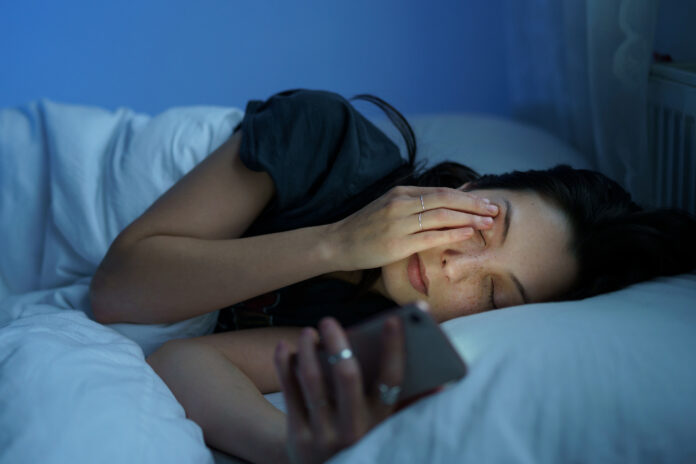In today’s digital age, screens are an unavoidable part of daily life. From smartphones and tablets to laptops and televisions, it seems like we are constantly connected. While technology does offer numerous benefits – helping with a switch to remote work and school during the COVID-19 pandemic for example, excessive screen time—especially at night—can have profound effects on our health and longevity. Learn more about how a digital detox, or consciously reducing screen exposure, can improve sleep quality, mental well-being, and overall physical health, ultimately contributing to a longer and healthier life.
The Impact of Excessive Screen Time on Health
Research has shown that prolonged screen exposure can negatively impact health in multiple ways:
- Disrupted Sleep Patterns
Exposure to blue light from screens before bedtime can block or reduce the production of melatonin, the hormone responsible for regulating sleep. This can lead to poor sleep quality, insomnia, and increased risk of chronic health issues. - Increased Stress and Anxiety
Most people have their email and several social media apps on their phone while can mean constant notifications and more social media scrolling which can result in digital overwhelm and contribute to stress and anxiety, which are linked to higher levels of cortisol and inflammation in the body. - Eye Strain and Headaches
Staring at screens for long periods can cause digital eye strain, leading to headaches, dry eyes, and discomfort.
How Reducing Screen Time at Night Enhances Longevity
Minimising screen exposure, particularly before bed, can significantly improve overall health. Here’s how:
- Better Sleep Quality
Reducing screen time before bed and instead doing a relaxing activity can help improve sleep quality as it can allow the body’s natural sleep-wake cycle to function properly, leading to deeper and more restorative sleep. - Lower Stress Levels
Unplugging from social media and emails helps reduce mental clutter and allows for relaxation, lowering stress hormones. - Improved Brain Function
Less screen time means less mental fatigue, better focus, and improved memory retention. - Enhanced Eye Health
Giving your eyes a break from screens can prevent digital eye strain and improve overall eye comfort.
Practical Tips for a Digital Detox
- Set Screen-Free Hours
Designate at least one hour before bedtime as screen-free to allow your brain to wind down. - Use Night Mode or Blue Light Filters in the Evening
Many devices offer a night mode that reduces blue light emission, making it easier to transition to sleep. - Engage in Screen-Free Activities
In the Cayman Islands, take advantage of the beautiful natural surroundings. Enjoy a sunset walk along Seven Mile Beach, go for an afternoon, or have a board game night with family and friends. - Create a Screen-Free Bedroom
Where possible, it’s recommended that you keep devices out of the bedroom to create a restful, tech-free sleep environment. - Set App Limits
Use built-in features like screen time trackers to limit app usage, especially for social media and streaming services. - Join Community Activities
Participate in a beach yoga session, visit the local farmers’ market, or explore Cayman’s hidden trails such as the Mastic Trail for an enriching offline experience.
Conclusion
Reducing screen time, especially at night, is a simple yet powerful step towards improving health and longevity. By prioritising real-world connections, engaging in physical activities, and getting quality sleep, you can significantly enhance your well-being. A digital detox doesn’t mean eliminating technology completely, but rather creating a healthier balance.




